Relocating to a foreign country can be exciting but complicated. If you are a Nigerian looking to move to Côte d’Ivoire, this guide contains everything you need visa requirements, accommodation, and job opportunities so you can make your move with ease.
1. Visa and Entry Requirements
Côte d’Ivoire is a member of the Economic Community of West African States (ECOWAS), meaning Nigerians can enter the country without a visa for a period not exceeding 90 days. Free visa entry makes it simpler for Nigerians to visit or stay temporarily in Côte d’Ivoire.
Important: Your Nigerian passport should have at least 6 months validity from your entry date.
If you will be staying for more than 90 days or working/staying long-term, you will have to obtain the proper permits.
2. Residence and Work Permits
Residence Permit (Carte de Séjour)
If you want to stay in Côte d’Ivoire for more than 90 days, you must make application for a Carte de Séjour at the Ivorian immigration agency. It is the usual residence permit that allows you to stay in Côte d’Ivoire legally.
Documents you would generally be required to hold:
- Valid Nigerian passport and photocopies
- Welcome document in Ivory Coast (rental contract or invitation letter)
- Financial resources document (bank certificates, employment contract, or sponsorship letter)
- Latest photographs
- Medical certificate or proof of health insurance
- Police clearance certificate or criminal record certificate from Nigeria
- Application completed
- Payment of applicable fees
The process can take several weeks, so apply early.
Work Permit (Permis de travail)
To work in Côte d’Ivoire legally, you need the work permit and residence permit. Normally, your employer must sponsor your work permit application.
Steps:
- Find a job from a registered Côte d’Ivoire firm.
- Employer submits application for the work permit on your behalf to the Ministry of Labor.
- Submit with additional documents like diplomas, CV, and employment contract.
- After approval, you receive your work permit, and you can lawfully work.
If you plan to start your own business, you will have to register your business with local authorities and seek a business visa/residence permit accordingly.
3. Housing and Cost of Living
Where to live: Most Nigerians relocate to Abidjan, the economic hub. Popular residential zones are Cocody, Marcory, and Treichville.
Cost of Rent:
- 1-bedroom apartment: ₦400,000 to ₦1,200,000 per month (depending on location and facilities)
- Utilities (electricity, water, internet): ₦50,000 to ₦100,000 per month
Food, transport, and healthcare are reasonably affordable but vary based on lifestyle.
4. Employment and Business Opportunities
- Côte d’Ivoire has a growing economy with opportunities in agriculture, trade, services, and telecom sectors.
- If you’re an entrepreneur, the government encourages investment through business-friendly reforms, but navigating bureaucracy can be complex, so consider local partnerships.
- Fluency in French is essential for work and business success.
5. Healthcare and Education
- Abidjan has private and public hospitals, but private clinics provide quality medical care.
- Nigerian parents moving with children can enroll them in international or French schools.
6. Banks and Money Transfer
- Currency used is CFA Franc (XOF).
- Nigerian banks like UBA, GTBank are present in Côte d’Ivoire, so remittance is easy.
- Mobile money options like MTN Mobile Money are readily accessible.
7. Language and Culture
French is the official language of usage in Côte d’Ivoire. Nigerians relocating there can learn basic French before and after arrival to make settling easier.
Last Words
- Travel to Côte d’Ivoire first as a tourist or short stay before settling down for good.
- Make photocopies of everything and stay up to date with immigration policies.
- Connect with Nigerian expatriates for guidance and counsel.
It is easy for Nigerians to move to Côte d’Ivoire due to ECOWAS visa-free access. For long-term stay or work, obtain the residence and work permits. Prepare by learning French, getting accustomed to the culture, and saving up for housing and living costs.


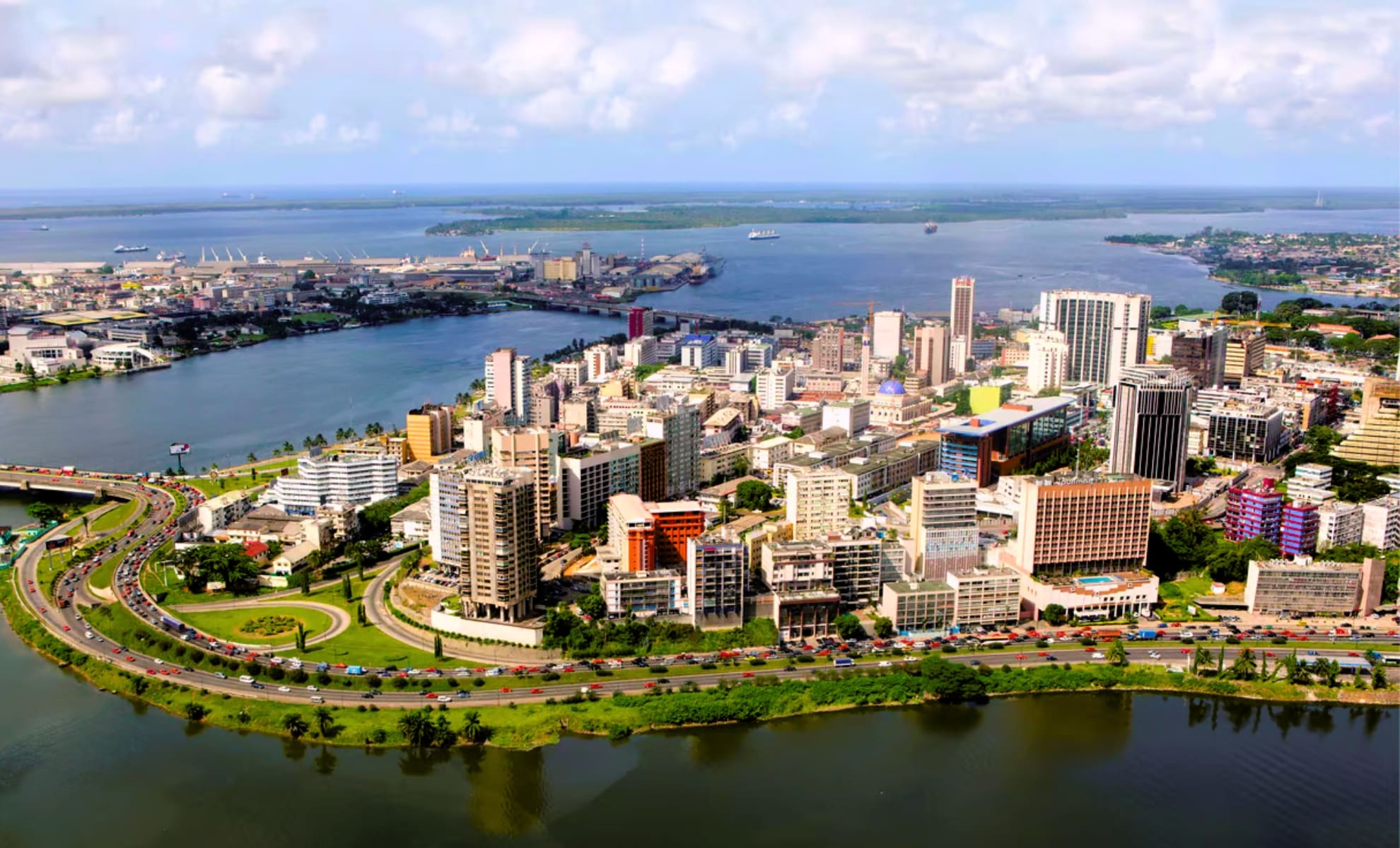

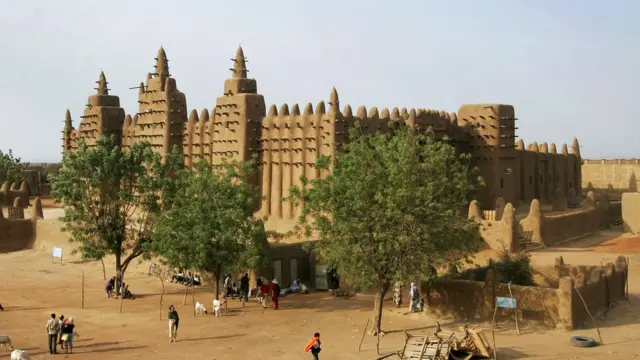
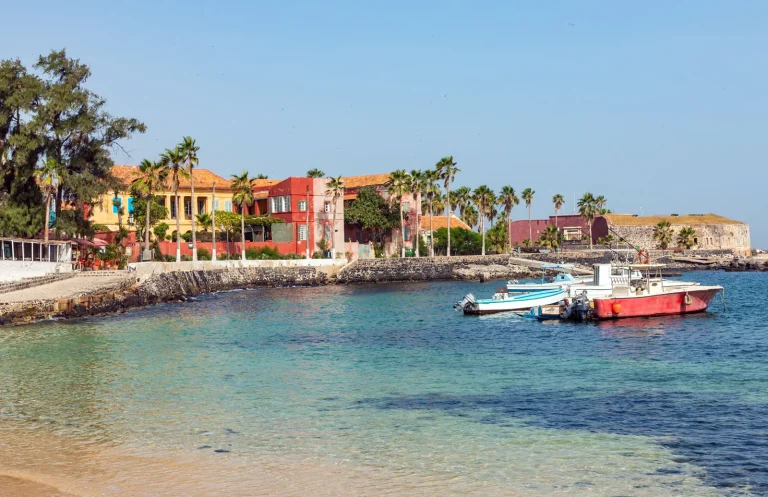
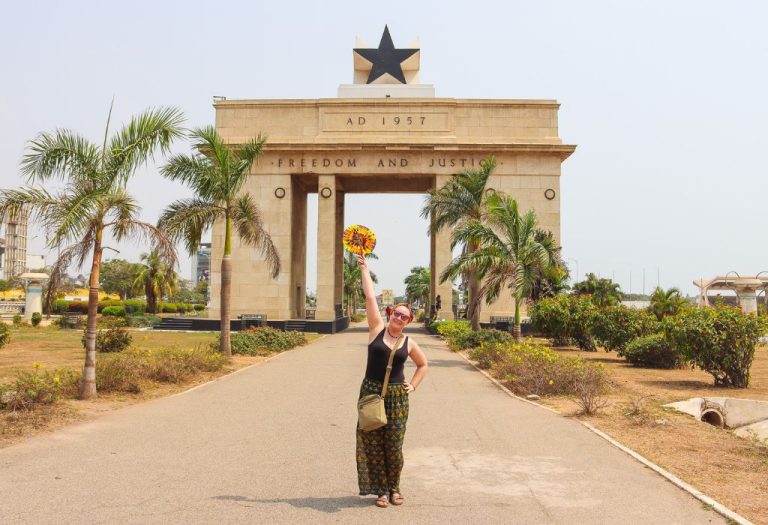
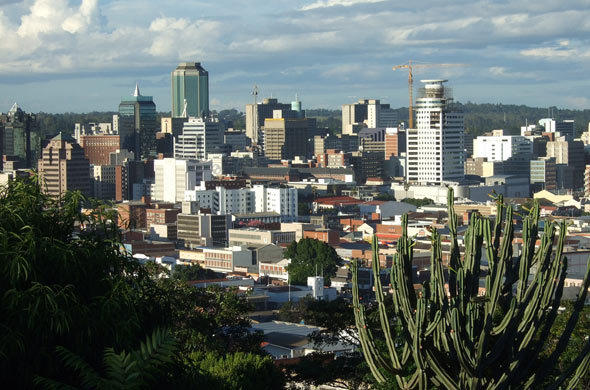
Leave a Comment